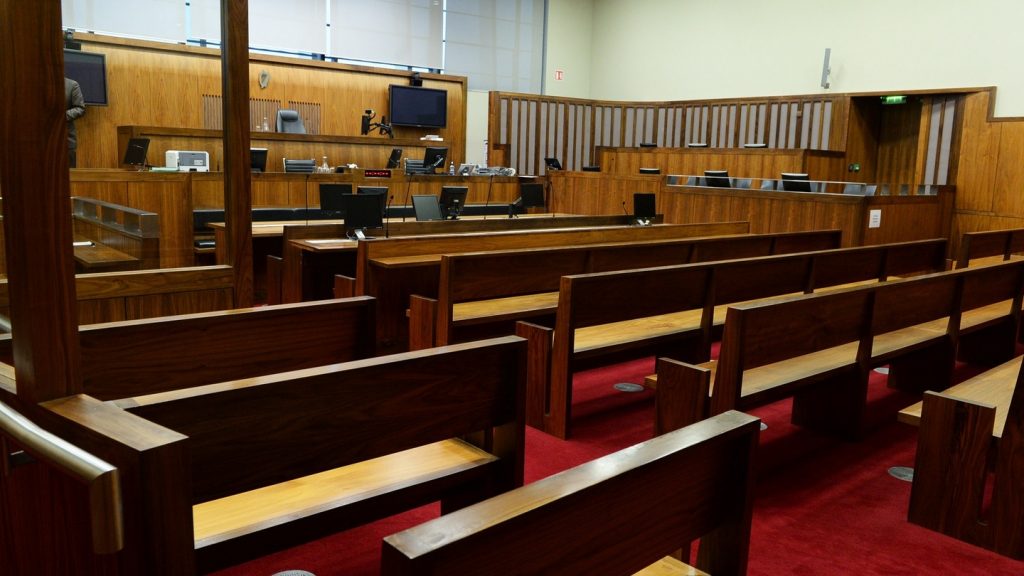
The Civil Liability and Courts Act 2004 demands that pleadings in personal injury cases be specific, not general.
Decisions form the High Court and Court of Appeal recently have put the spotlight on sections 12–14 of the Civil Liability and Courts Act 2004.
Section 13 of this act provides,
13.—(1) All pleadings in a personal injuries action shall—
(a) in the case of a pleading served by the plaintiff, contain full and detailed particulars of the claim of which the action consists and of each allegation, assertion or plea comprising that claim, or
(b) in the case of a pleading served by the defendant or a third party contain full and detailed particulars of each denial or traverse, and of each allegation, assertion or plea, comprising his or her defence.
(2) Subject to this Act, pleadings in a personal injuries action shall be in such form as are prescribed by rules of court.
A one size fits all, generic type of pleading is no longer acceptable. If it is pleaded for example that the defendant was in breach of the Safety, Health and Welfare at Work Act 2005 it is necessary to set out which part of the act was offended and what act or omission caused the breach.
Costs implications
Boilerplate, generic pleadings may have cost implications under order 19, rule 4 of the Rules of the Superior Courts which provides
(4) Such statements shall be as brief as the nature of the case will admit, and the Legal Costs Adjudicator in adjudicating the costs of the action shall, at the instance of any party, or may without any request, inquire into the reasonableness of the cost of preparing and replying to any such pleading, and may order any costs occasioned by the unreasonableness of a party to be borne by that party.
A bald denial of a plea should be accompanied by full and detailed particulars of said denial, held Collins J in Crean v Harty [2020] IECA 364.
In Naghten v Cool Running Events Limited [2021] IECA 17 Noonan J was critical of the plea of contributory negligence in the defendant’s defence. The incident at the skating rink had been captured on CCTV yet the defence did not provide any evidence, or CCTV, of the alleged behaviour leading to the plea of contributory negligence.
There was also the plea that the child’s mother had failed to supervise the child at the skating rink. But, again, there was no evidence given to support this plea.
There was a plea, a hurtful plea, that the mother had failed to seek proper treatment for the child but no attempt to stand over it at trial.
The court was critical of the affidavit of verification of the director of the company. He had signed the affidavit and gave evidence at the trial but distanced himself from the pleas made in the defence under cross examination.
The court referred to section 14 (5) of the Civil Liability and Courts Act 2004 which provides that it is an offence to swear a misleading or false affidavit,
(5) If a person makes a statement in an affidavit under this section—
(a) that is false or misleading in any material respect, and
(b) that he or she knows to be false or misleading, he or she shall be guilty of an offence.
The court observed that section 14 of the Civil Liability and Courts Act 2004 is normally discussed in terms of the plaintiff’s affidavit of verification. But it applies equally to the defendant.
Plea not advanced at the hearing
A plea that is not advanced at the hearing of the action, notwithstanding its inclusion in the pleadings, will attract criticism of the court. In Doyle v Donovan [2020] IEHC 11 and [2020] IEHC 119 the defendant had alleged the plaintiff had caused the accident deliberately.
This plea was not stood over at the hearing of the action and the defendant conceded liability for the accident. At a later costs hearing the judge noted that no explanation or apology was offered by the defendant and it was concluded that the defendant had engaged in litigation misconduct which led to a higher award of costs against her.
Conclusion
Lawyers need to be mindful of the provisions of sections 12-14 of the Civil Liability and Courts act 2004. Pleadings must be clear and concise and not pleaded in a general, boilerplate way. This applies equality to the indorsement of claim and the denial of the defendant which should not by merely a blanket denial.
Parties must be able to stand over all pleadings and if there is CCTV or other evidence which undermines the plea this may lead to a sanction in terms of costs.
A deponent who swears a misleading or untrue affidavit of verification if guilty of an offence.
A defendant alleging fraud without solid grounds for doing so is running a risk of aggravated damages and/or a costs sanction.
(The article above is a synopsis of an excellent article in the April 2021 Law Society Gazette by Brian Hallissey B.L.)